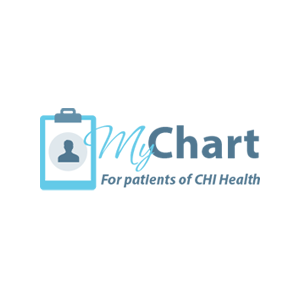Sleep Apnea
Lying awake most nights listening to a spouse snore is not a pleasant experience. Aside from the sleep deprivation and crankiness that often ensues, worrying about a loved one throughout the night when he or she is snoring that is especially loud and involves gasping, choking, or snorting, is especially difficult. Just how common is Sleep Apnea? Obstructive sleep apnea is estimated to affect between 2-9% of adults in the United States, but many cases are believed to go undiagnosed.
Common symptoms of sleep apnea include disrupted breathing in which a person’s respiration can become labored or even stop for up to a minute at a time, excessive daytime sleepiness, morning headaches, irritability, and limited attention span or difficulty thinking clearly. Many of these symptoms arise because of poor sleep and decreased oxygen levels that occur as a result of interrupted breathing. Some additional symptoms are connected to obstructive sleep apnea, including snoring, including snoring that is especially loud and involves gasping, choking, or snorting that may cause a person to briefly wake up. A person suffering from sleep apnea may also experience morning sore throat or dry mouth, and a frequent need to wake up to urinate. Chronic snoring is the most common symptom of obstructive sleep apnea, but that doesn’t mean that everyone who snores has sleep apnea.
What Are the Causes of Sleep Apnea? Obstructive sleep apnea occurs when a person’s airway becomes blocked during sleep. Multiple factors have been found to increase the risk of blockage and Obstructive Sleep Apnea: Anatomical characteristics certainly have an impact. For instance, the size and positioning of a person’s neck, jaw, tongue, tonsils, and other tissue near the back of the throat can directly affect airflow. Obesity also contributes to Obstructive Sleep Apnea. Being overweight is a leading cause of sleep apnea and may be an underlying risk factor in up to 60% of cases. Use of sedatives, including alcohol, family history, cigarette smoking, sleeping on your back, nasal congestion and hormonal abnormalities have also been determined as contributing factors. The Cardiopulmonary department at Memorial Community Hospital and Health Systems has a Sleep Lab where those who feel they may be suffering from sleep apnea can go to be evaluated. A patient must first meet with his or her primary care physician for a sleep study referral. Once an order is issued, the patient is scheduled for an in home sleep study, where they come in for instruction on how to set up at home. Once the in home study is complete, the patient returns the results to the cardiopulmonary team where they are evaluated. The patient will be called within 3-10 days with the results and whether obstructive sleep apnea is present. If it is, an overnight stay will be scheduled in the Sleep Lab where he or she will be monitored all night long. A Sleep technician will stay with the patient all night to monitor them. From there, depending on the results, the patient will be set up with home healthcare to assist with the appropriate CPAP machine.






